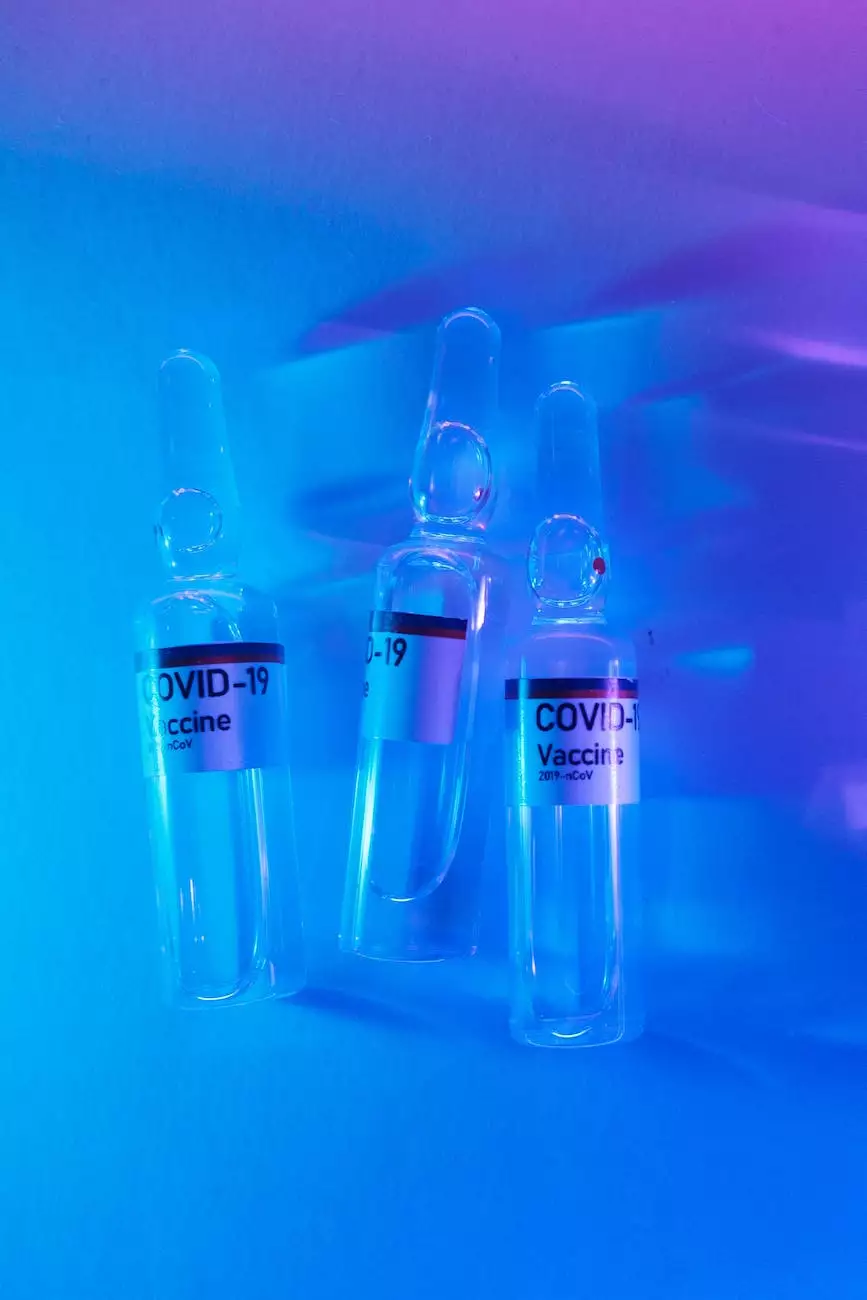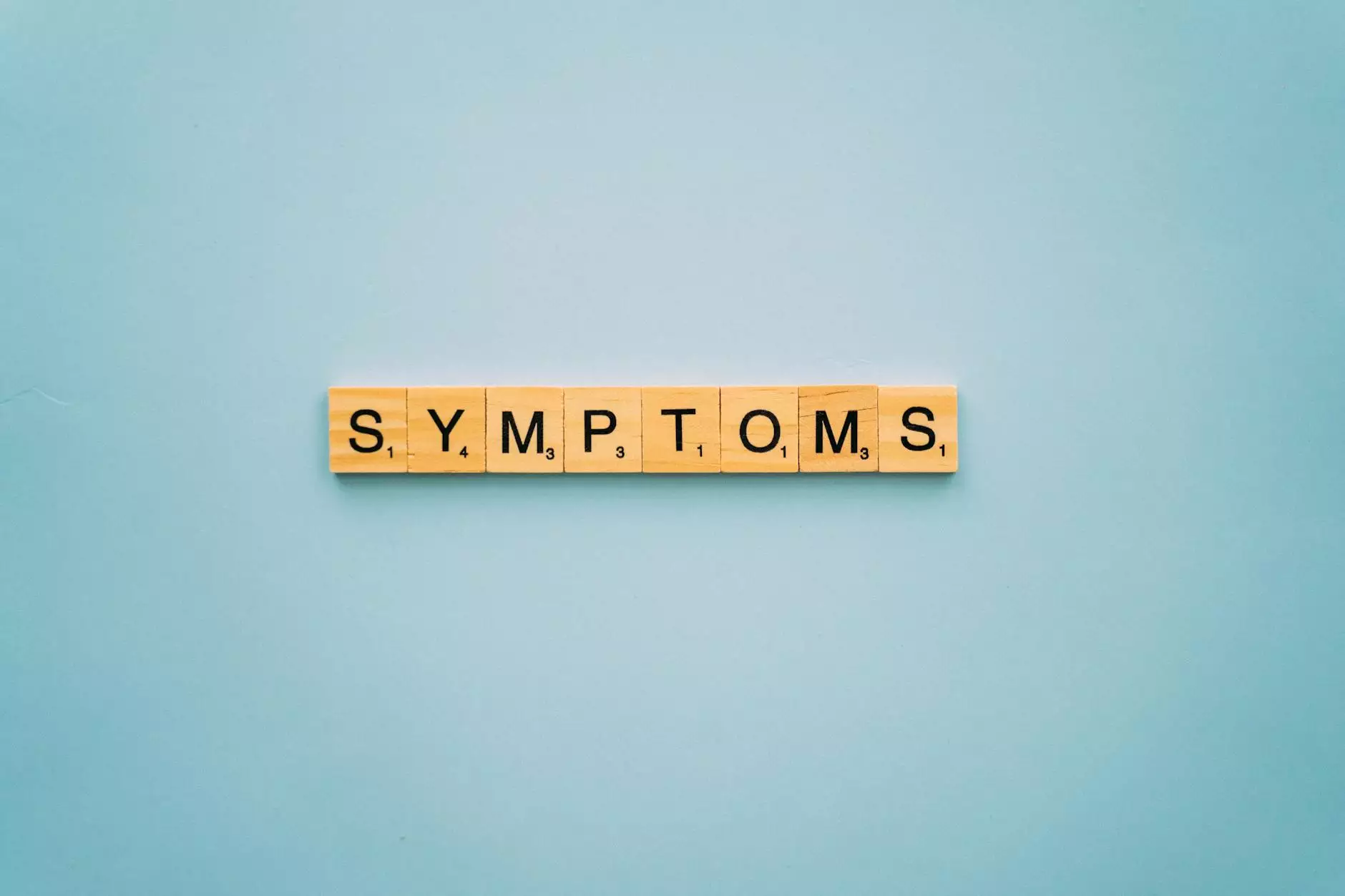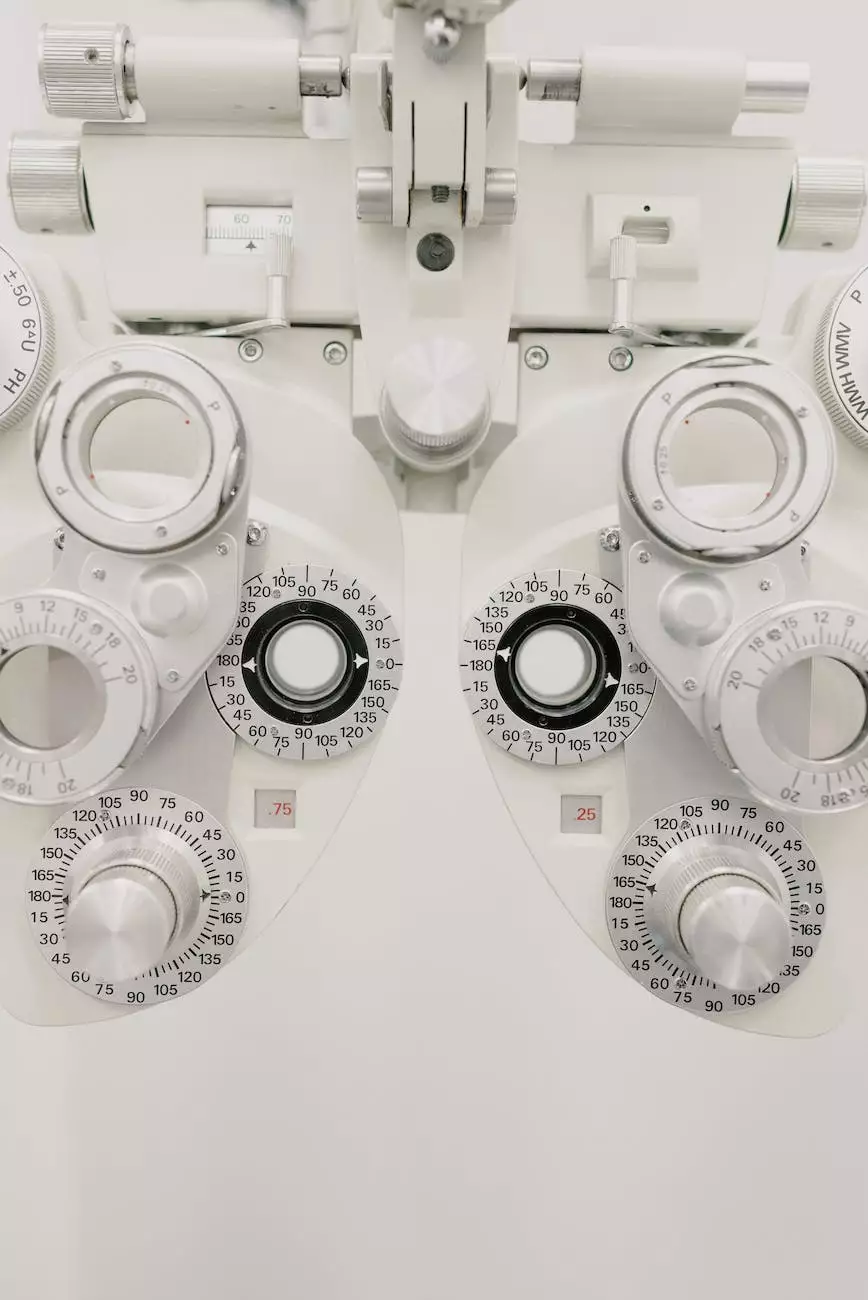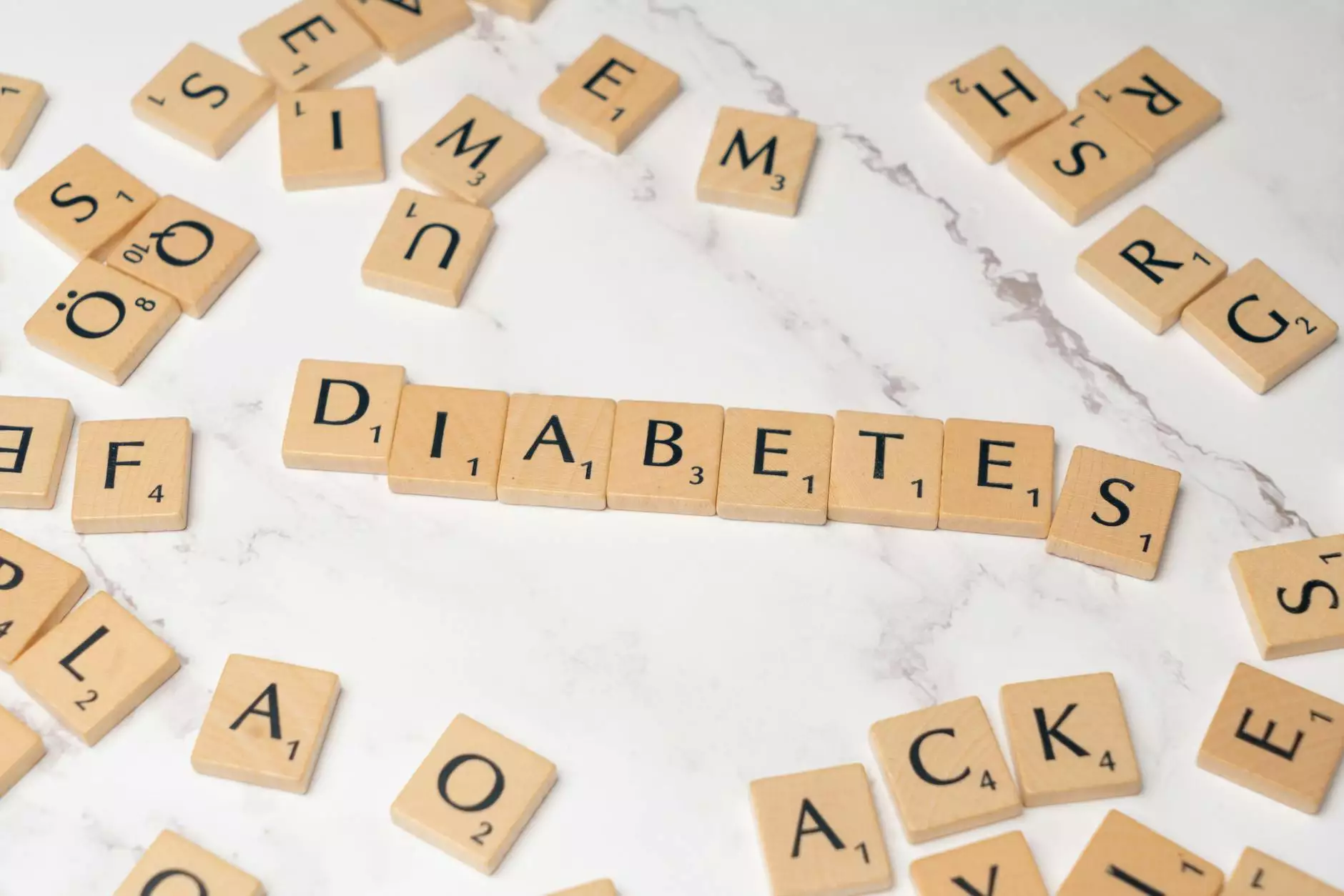Hyperlipidemia: Causes, Symptoms, and Treatment
Health
Introduction
Welcome to Muir Diablo Occupational Medicine, your trusted source for comprehensive information on various health conditions. In this article, we'll be discussing hyperlipidemia - a medical term used to describe the presence of high levels of lipids (fats) in the blood.
Understanding Hyperlipidemia
Hyperlipidemia is a common health condition that can significantly impact an individual's cardiovascular health and overall well-being. It occurs when there are elevated levels of lipids, such as cholesterol and triglycerides, circulating in the bloodstream. These lipids play crucial roles in bodily functions, but an excess can lead to serious complications.
Causes of Hyperlipidemia
There are several factors that can contribute to the development of hyperlipidemia. These include:
- Inherited genetic conditions
- Poor diet high in saturated and trans fats
- Lack of physical activity
- Obesity
- Smoking
- Certain medical conditions, such as diabetes and hypothyroidism
- Some medications, including oral contraceptives and certain steroids
Understanding the underlying causes of hyperlipidemia is essential for effective management and treatment of the condition.
Symptoms and Diagnosis
Hyperlipidemia is often referred to as a silent condition because it may not present any noticeable symptoms in its early stages. However, as the condition progresses, it may lead to symptoms such as:
- Chest pain or angina
- Yellowish patches around the eyes or on the skin
- Xanthomas - fatty deposits under the skin
- Pancreatitis - inflammation of the pancreas
- Gallstones
Early detection is crucial, and hyperlipidemia can be diagnosed through a simple blood test that measures lipid levels. Routine screenings and check-ups can help identify the condition before complications arise.
Treatment and Prevention
Managing hyperlipidemia involves a holistic approach that includes lifestyle modifications, medications, and regular monitoring. Treatment options include:
Lifestyle Changes:
Adopting a heart-healthy lifestyle is key to managing hyperlipidemia. This includes:
- Following a balanced diet rich in fruits, vegetables, whole grains, and lean proteins
- Reducing consumption of saturated and trans fats, as well as refined sugars
- Incorporating regular physical activity into your routine
- Maintaining a healthy weight
- Avoiding tobacco and excessive alcohol consumption
Medications:
In some cases, lifestyle changes alone may not be sufficient to control lipid levels. Your healthcare provider may prescribe medications such as statins, fibrates, or bile acid sequestrants to help lower your lipid levels and reduce the risk of complications.
Regular Monitoring:
Regular follow-up visits and lipid profile screenings are essential for monitoring the effectiveness of ongoing treatment and making any necessary adjustments.
Prevention:
Preventing hyperlipidemia involves adopting healthy lifestyle habits, as mentioned above, and maintaining regular cardiovascular health check-ups. Remember that prevention is always better than treatment, and early detection can help prevent complications in the long run.
Conclusion
Hyperlipidemia is a common health condition that requires adequate understanding, proactive management, and regular monitoring. By following the guidance provided by Muir Diablo Occupational Medicine and healthcare professionals, you can take proactive steps towards maintaining healthy lipid levels and preventing associated complications. Stay informed, adopt a heart-healthy lifestyle, and prioritize regular check-ups to stay on top of your cardiovascular well-being.










